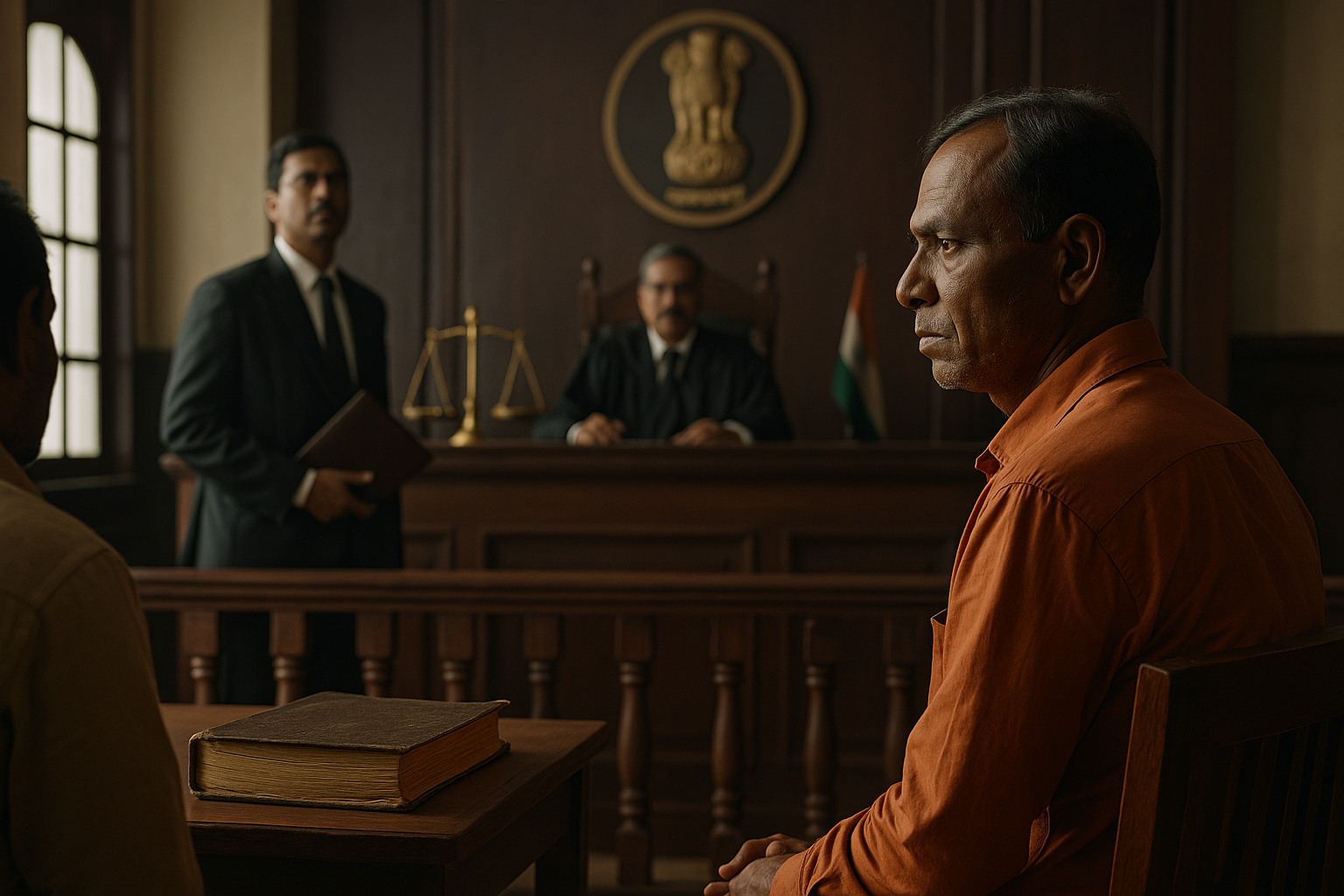Simplified Explanation of the Judgment
In a recent decision, the Patna High Court dismissed a petition filed under Section 482 of the Code of Criminal Procedure (Cr.P.C.), where the petitioner sought quashing of a cognizance order passed against him for alleged offences under Sections 409 (criminal breach of trust by a public servant) and 420 (cheating) of the Indian Penal Code (IPC).
The case originated from a police complaint registered in 2010, alleging that the petitioner, who was serving as a Postmaster at Fulari Post Office in Bhojpur district, misappropriated MNREGA wages amounting to Rs. 5,000. The informant contended that the amount was withdrawn without his knowledge using forged withdrawal forms.
The petitioner claimed that the withdrawals were made by the informant himself, submitting withdrawal forms dated 14.09.2009, 08.09.2009, and 22.08.2009. He also argued that he had followed all post office rules regarding signature verification and that his actions were in the course of official duty, hence requiring prior sanction under Section 197 Cr.P.C. before taking cognizance.
However, the High Court found no merit in these claims. The Court observed that:
- The petitioner was indeed the Postmaster when the disputed amount was to be paid.
- The signatures on the submitted withdrawal forms appeared dissimilar to the informant’s verified signature in the FIR.
- Several witnesses had come forward during investigation, claiming they too had been defrauded in similar fashion.
Importantly, the Court clarified that the protection under Section 197 Cr.P.C. is not available merely because the accused was a public servant. For such protection, a reasonable and direct connection must exist between the alleged act and the discharge of official duties.
The Court cited the Supreme Court’s decisions in P.K. Pradhan v. State of Sikkim [(2001) 6 SCC 704] and Devinder Singh v. State of Punjab [(2016) 12 SCC 87], emphasizing that acts committed in abuse of authority or involving criminal intent are not shielded by Section 197 unless clearly linked to the person’s official role.
As a result, the petition was dismissed and the trial proceedings against the petitioner were allowed to continue.
Significance or Implication of the Judgment
This judgment is significant for public servants and authorities dealing with public funds or welfare schemes. It reiterates that criminal acts such as fraud or embezzlement cannot be disguised as official actions merely because they were committed during office hours or while holding a public position.
The decision upholds public accountability, especially in the context of government schemes like MNREGA, which are designed to benefit vulnerable populations. The Court’s refusal to interfere at the pre-trial stage reinforces the need for judicial scrutiny during trial, allowing evidence to be tested thoroughly before any immunity is granted.
Legal Issue(s) Decided and the Court’s Decision
- Whether the Trial Court’s cognizance under Sections 409 and 420 IPC was valid?
- Held: Yes, the cognizance was valid and based on sufficient prima facie evidence.
- Whether sanction under Section 197 Cr.P.C. was mandatory before prosecuting the petitioner?
- Held: No, there was no reasonable connection between the alleged criminal acts and the petitioner’s official duties.
- Whether the withdrawal forms were authentic and the money withdrawn by the informant?
- Held: Disputed; matter to be determined during trial based on evidence.
Judgments Relied Upon or Cited by Court
- P.K. Pradhan v. State of Sikkim, (2001) 6 SCC 704
- Devinder Singh & Others v. State of Punjab Through CBI, (2016) 12 SCC 87
Case Title
Rameshwar Ojha @ Shiv Raman Ojha vs. The State of Bihar
Case Number
Criminal Miscellaneous No. 45840 of 2016
Citation(s)– 2025 (1) PLJR 100
Coram and Names of Judges
Hon’ble Mr. Justice Shailendra Singh
Names of Advocates and who they appeared for
- Mr. Gopal Govind Mishra, Advocate for the Petitioner
- Mr. Panchanand Pandit, APP for the State
Link to Judgment
NiM0NTg0MCMyMDE2IzIjTg==-vBa7iX1n3nc=
If you found this explanation helpful and wish to stay informed about how legal developments may affect your rights in Bihar, you may consider following Samvida Law Associates for more updates.








